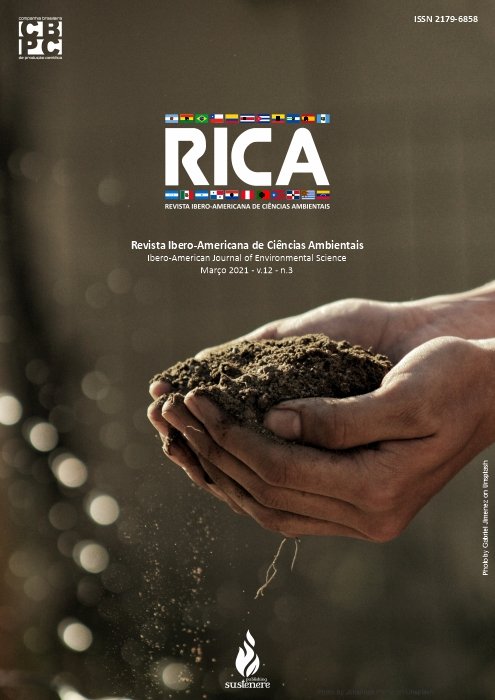How can sewage picture the contamination scenario by COVID-19?
DOI:
https://doi.org/10.6008/CBPC2179-6858.2021.003.0014Keywords:
Public Health, Coronavirus, Sewage, Epidemiological monitoringAbstract
A COVID-19 was characterized as a challenging disease for the public health in the world due to the lack of knowledge about the SARS-COV-2 virus, its forms of contagion, as well as the consequences caused to the human organism. This article presents data on the existence of genetic material of the new coronavirus in the feces of individuals with the presence of the disease, being them symptomatic or asymptomatic. For this, a bibliographic survey was carried out from June to October 2020, in the databases Science Direct, Web of Science, CAPES Periodicals Site, Scielo, PubMed, academic google, besides repositories of teaching and institutional research. In the development of the work, it is possible to put in evidence the surveillance actions of the sanitary exhaustion system in this moment of pandemic, and also, in actions that go through the health of the collectivity. The potential of sewage was presented as an epidemiological tool in monitoring the spread of the new corona virus and other infectious diseases as well. The control of the pathogenic agent was also discussed, both at international and national levels. The factors that influence the amount of viral load in the organism and the infectious potential of the virus found in sewage were presented. Finally, in Brazil the great challenge regarding the monitoring of the new coronavirus using the epidemiology of sewage is the inefficiency of basic sanitation services.
Downloads
Downloads
Published
Issue
Section
License
The CBPC - Companhia Brasileira de Produção Científica (Brazil CNPJ: 11.221.422/0001-03) the material rights of the published works. The rights relate to the publication of the work anywhere in the world, including rights to renewals, expansions and dissemination of the contribution, as well as other subsidiary rights. All electronically published works may subsequently be published in printed collections under the coordination of this company and / or its partners. The authors preserve the copyright, but are not allowed to publish the contribution in another medium, printed or digital, in Portuguese or in translation.









